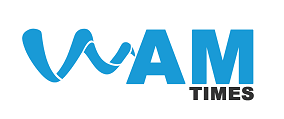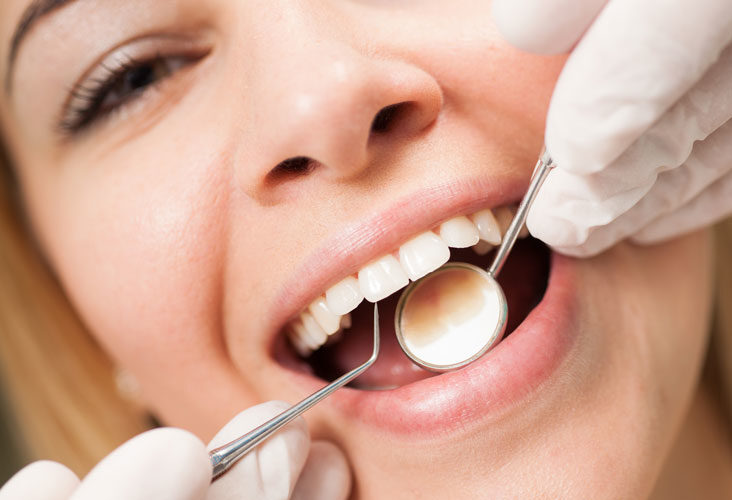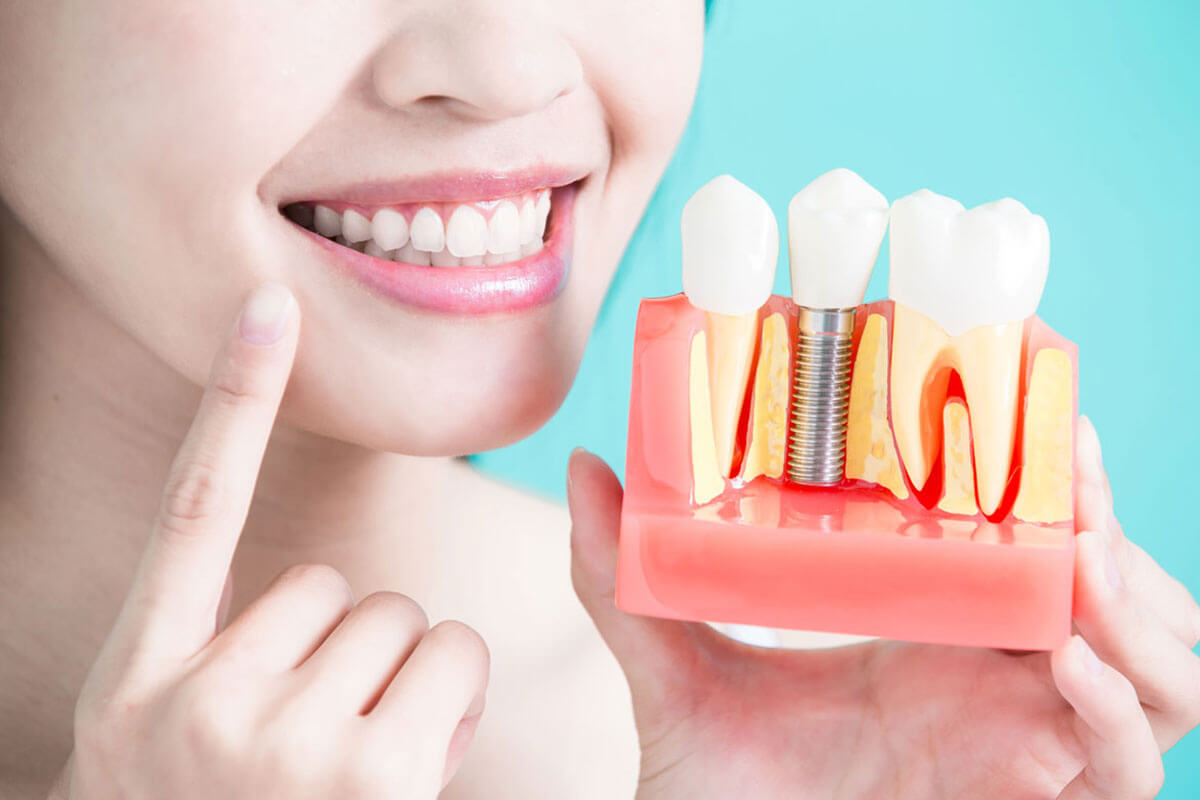A private law firm or an independent attorney can be approached to fight the case just for you. If money is not a constraint, you can get in touch with them and discuss your matter with them. In case, you have been charged with a serious crime, you need to contact one of the best lawyers in town at the earliest. After the arrest, several steps have to be taken so that you can come out of jail immediately. Contacting your friends and relatives can save your valuable time and you can easily contact a criminal defense lawyer Knoxville, TN.
Some of the reasons why you should prefer a private attorney or a law firm are explained as follows:
No need to wait to get an attorney
In case, you request a public defender, you may have to wait for some time. The judge will look at the financial condition and then approve your request. However, an attorney can be hired at once. All you have to do is to call him; he can even come to the police station to save you from the torture. If money is not an issue with you, you should consider hiring a private criminal defense lawyer.
The private attorney works for you dedicatedly
You are the one, who has contacted the attorney. That’s why, he will work for your benefit. Money may be one of the reasons why, he would be working for you. However, you can trust him for keeping him on your side throughout the entire legal mess. He can work on your behalf, review the case, negotiate and even fight the case in court if needed.
The expertise of a private lawyer
As compared to a public defender, the private lawyer has more expertise. A public defender has to handle a number of cases from all fields. However, a private lawyer that you hire is someone who has expertise in criminal law. That’s why, he will have in-depth knowledge about how to win the case using tactics and his understanding of the law.
A public defender may not give you time and attention
The court is loaded with numerous cases and so is the public defender. He will not be able to pay attention to your case only. On the contrary, a private lawyer can meet you whenever you want and call him at any time.
To find the best lawyer, you can spend some time on the internet as well.











